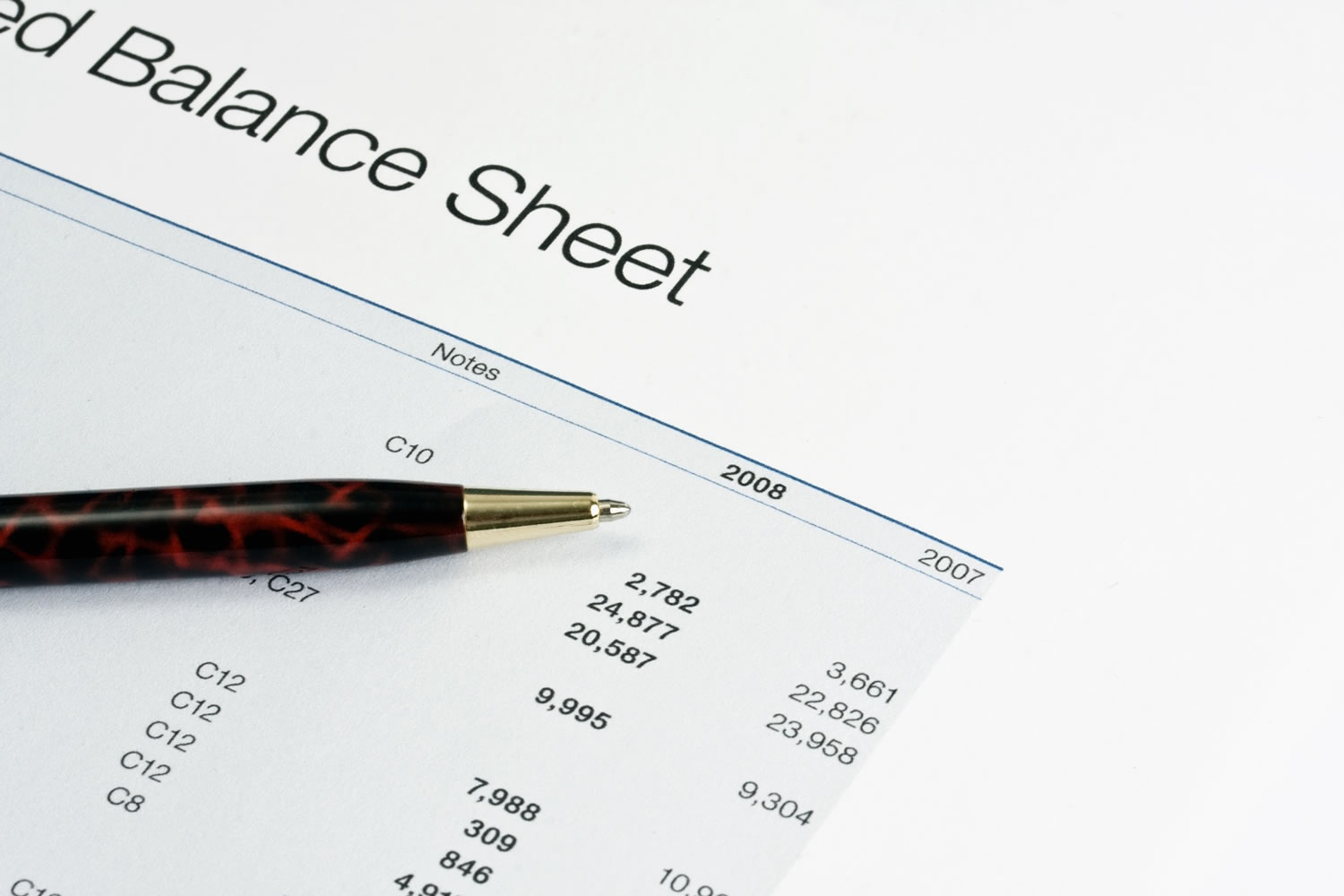There are a number of reasons for running your own business. It may be the flexibility of working hours, the opportunity to work for yourself or a wish to build something to pass on to the family. But whatever your driver for starting out, one thing is for sure, you’re most likely not doing it all for free. As well as securing a regular income for you and your employees, you’ll be looking to build value into your business. This value is called the equity and is normally shown in the management accounts as the shareholder’s funds.
If we use a house as an example, the equity is calculated by taking any residual mortgage owed, away from the proceeds of a sale following the cost of selling – effectively the cash you’d walk away with at any given point in time. But with a business, it has to be calculated slightly differently as your obligations don’t end the day you sell up, so it is likely to change more frequently.
Assets and liabilities
Taking the house example one step further, when you come to sell it, at the point of completion it legally becomes someone else’s. You take your meter readings, pay your final bills, pack up your belongings and your responsibility (in the vast majority of cases) ceases as you lock the door and walk away.
With a business, you may have liabilities that continue or fall due beyond the point that you stop trading e.g., VAT or corporation tax for the last period or financial year. This also assumes that you’re looking at the equity with a disposal in mind which is an entirely different matter. Businesses are not valued in the same way as houses if we continue to use that analogy.
You’ll normally see your shareholders funds (equity) figure at the end of a balance sheet, which takes those longer term liabilities into consideration. There will also be assets on the balance sheet that have a value at a particular point in time but whose worth will change beyond that date. For the purposes of the equity calculation, assets are given an assumed market value that could be realised if sold there and then to a willing buyer.
Is Equity a good KPI?
Returning to our house example, your mortgage settlement and house value will be subject to some change and fluctuation as you make repayments and house prices vary. Typically, a business will see greater swings in its equity figure during the year. It is for this reason that few businesses will use their equity figure as a KPI, choosing instead to focus on their EBITDA or gross/net profit figure for the year.
However, the equity figures does need to be monitored because there are legal implications of continuing to trade when there is no equity left (or there are negative shareholder funds) and no realistic opportunity of restoring it.
But if you’re a small company or you’re looking at your business as something of a longer term savings plan or pension pot, then it may be that you choose to monitor equity more closely.
Selling and equity
Equity is only really of value when realised and in order to do so the business needs to stop operating, either because it ceases trading or following a trade sale to another owner/organisation. And this is perhaps why equity is not a widely used KPI, because it has little relevance to the true value of the business.
If you’ve been running your business and decide to stop, go and do something different or even retire, you can close the business down, settle all the liabilities and release the equity. Under certain circumstances entrepreneurs relief will apply, allowing you to take the cash tax efficiently.
But if you’re selling to another company or owner, the reality is you may never see the actual equity figure. Business valuations tend not to be driven by the equity because unlike our house, a business continues trading, has clients, goodwill, products to sell, stock on the shelves etc. So, there are many elements which go to determine the ultimate value. What you walk away with may be a combination of these, a multiplier of the EBIT or a straight purchase of shares.
